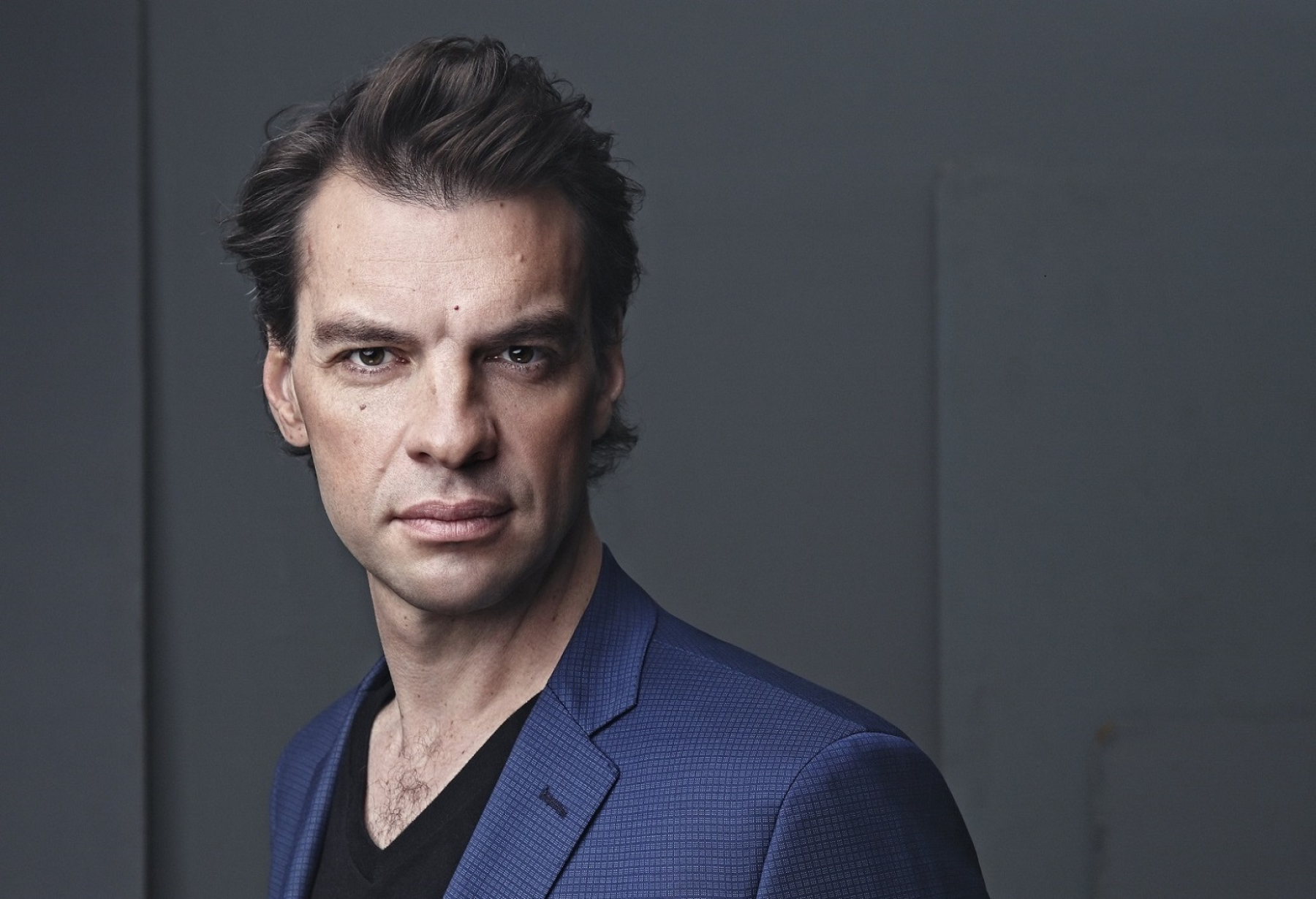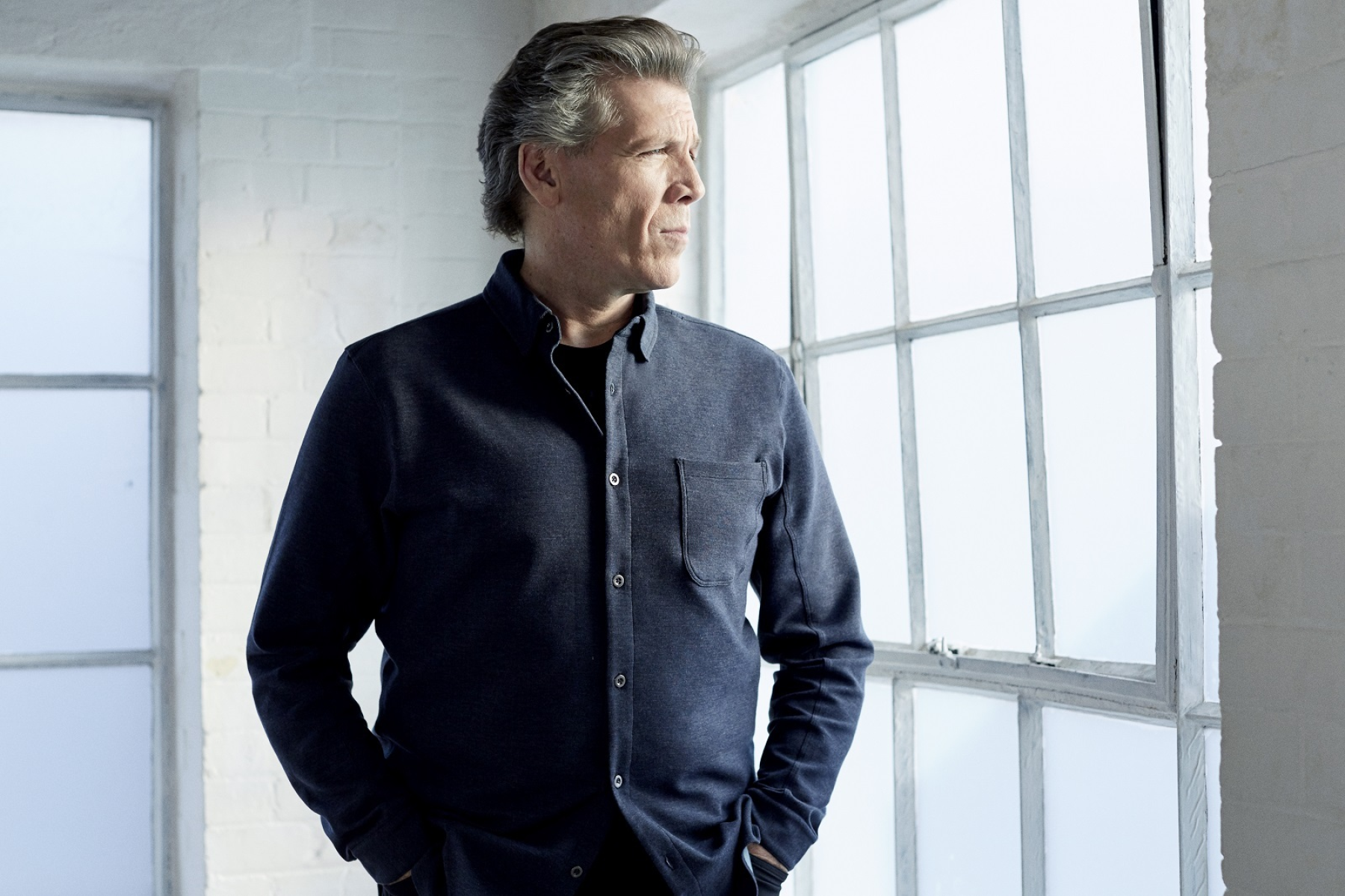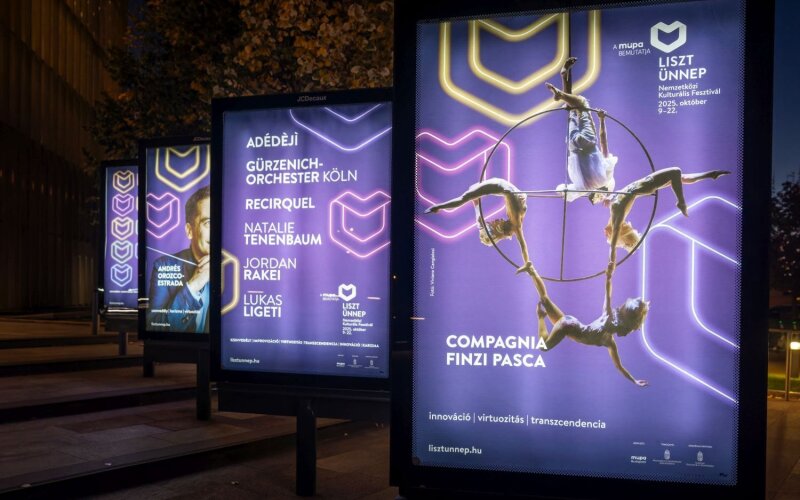Many consider him the first “rock star," adored by the public in a way never seen before, while many more see him simply as an epoch-making musical genius – and rightly so. Countless public statues commemorate him in Budapest and other cities across Europe and the world, and even universities, an airport and a small planet have been named after him. Who is he?
He is, of course, Franz Liszt, to whom we owe countless masterpieces, and who will at last lend his name to a special all-arts programme from the autumn of 2021. The time has come to tell you a little about him and the first Liszt Fest International Cultural Festival.
The 210-year-old Genius Who Keeps Surprising Us
“As a student of Liszt and a performer of the composer’s works for decades, I think this is an extraordinary legacy, with an intellectual openness as its most important trait,” says the globally renowned organist and conductor Martin Haselböck, who appears at the festival in October with his orchestra and the excellent baritone, Thomas Hampson. “When I call Liszt open-minded, I don’t simply mean he was receptive to the most diverse traditions but that he also brought his experimental spirit and innovativeness to bear on the future. This was what made him the forerunner of so many great composers who followed him. His third important attribute is that he keeps surprising us – even today. There is still a great deal to discover about him.” And when it comes to discovery and surprise, the Liszt Fest, which makes its debut on the 210th anniversary of the birth of the composer, cannot fall behind its namesake: taking its cues from Liszt’s rich oeuvre, it offers a programme in which everyone can find an exciting performance that amounts to a discovery.

Gábor Bretz will be performing Liszt's Esztergom Mass © Emmer László
This is because Liszt’s compositions will not be the only things you can listen to between 8 and 24 October: there will be world and Hungarian premières of new works, a variety of music from electronica through jazz, pop and world music to opera, as well as dance productions and literary events. The roll-call of performers and contributors includes international stars such as the aforementioned Thomas Hampson, the most inspired interpreter of Liszt’s lieder, with the Orchester Wiener Akademie; the Compañía Antonio Gades, whose eponymous choreographer made cinematic history with the dance film Carmen; legendary Grammy Award-winning Brazilian singer and guitarist Gilberto Gil; organ virtuoso Martin Sturm; the Cracow Singers, a chamber choir; and contemporary Greek composer Georges Aperghis. Liszt’s best-known sacred compositions can be enjoyed at church concerts and in the Grand Hall of the Liszt Academy of Music: the Hungarian Coronation Mass will be performed in the Matthias Church, while the Basilica of Esztergom plays host to the Esztergom Mass. In a bow to musical history, the festival presents each of these two works at the venue of its world première. Levente Gyöngyösi’s opera-musical, The Master and Margarita, promises to be a real treat, while those seeking the experience of discovery must not miss Electroacoustica 2020, to be held in the spaces of Müpa Budapest.
A Cosmopolitan Genius Connecting Genres, Artists and Cities
If we think only of Liszt as a composer and pianist known throughout the world, it is already a source of pride that he steadfastly considered himself a Hungarian even as several other nations would have liked to claim him as their own. It may indeed cause confusion that Doborján (Raiding), where Liszt was born in 1811 to German-speaking parents, is situated in what is now Austria’s Burgenland, and that he never learned Hungarian, using French whenever he could. It was in French that he uttered that oft-quoted sentence: “Je suis Hongrois.” During his eventful life, Vienna, Paris, Rome and Weimar were all places he called home, as was Budapest, where many locations are now named after him or associated with his memory. A man of great learning and charismatic personality, he attracted prominent artists and thinkers wherever he went in Europe. He was friends with Chopin, Wagner, Berlioz and Schumann, and his exceptionally open mind meant that Victor Hugo, Dumas, Balzac, Heine and Delacroix all liked to spend time with him. Wherever his life took him, he made efforts to foster musical culture, supporting the scene both financially and with his own work, and performing at dozens of charity concerts. But if even the above failed to secure him a place in the nation’s pantheon, there is the Academy of Music, which was established with the encouragement and under the influence of Liszt, who personally chose its first organ. The institution has since enriched musical life through countless great artists. At Liszt Fest, both the Academy of Music and the Old Academy of Music will host concerts by such distinguished artists as Edit Klukon and Dezső Ránki, Fülöp Ránki, László Fassang and Balázs Szokolay Dongó, the Jazzical Trio, Péter Kiss and Balázs Szabó.
 Thomas Hampson © Jimmy Donela
Thomas Hampson © Jimmy Donela
True to his motto, Génie oblige (Genius obliges), Liszt studied throughout his life, and driven by determination and a desire to make things better, was a driving force and tireless, lifelong servant of European culture and art as a composer, virtuoso pianist, conductor, musical writer and educator. We could thus hardly have found anyone more fitting to lend their name to our international festival of the arts than Franz Liszt, the cosmopolitan: the diversity of the music on offer and the fact that classical and contemporary works are equally featured perfectly echoes the spirit of his work, which was equally informed by respect towards the traditions of his predecessors and a restless will to innovate that led him to reform almost every aspect of musical life. Join us to see how this is reflected in the programme of the 17-day Liszt Fest in October.




